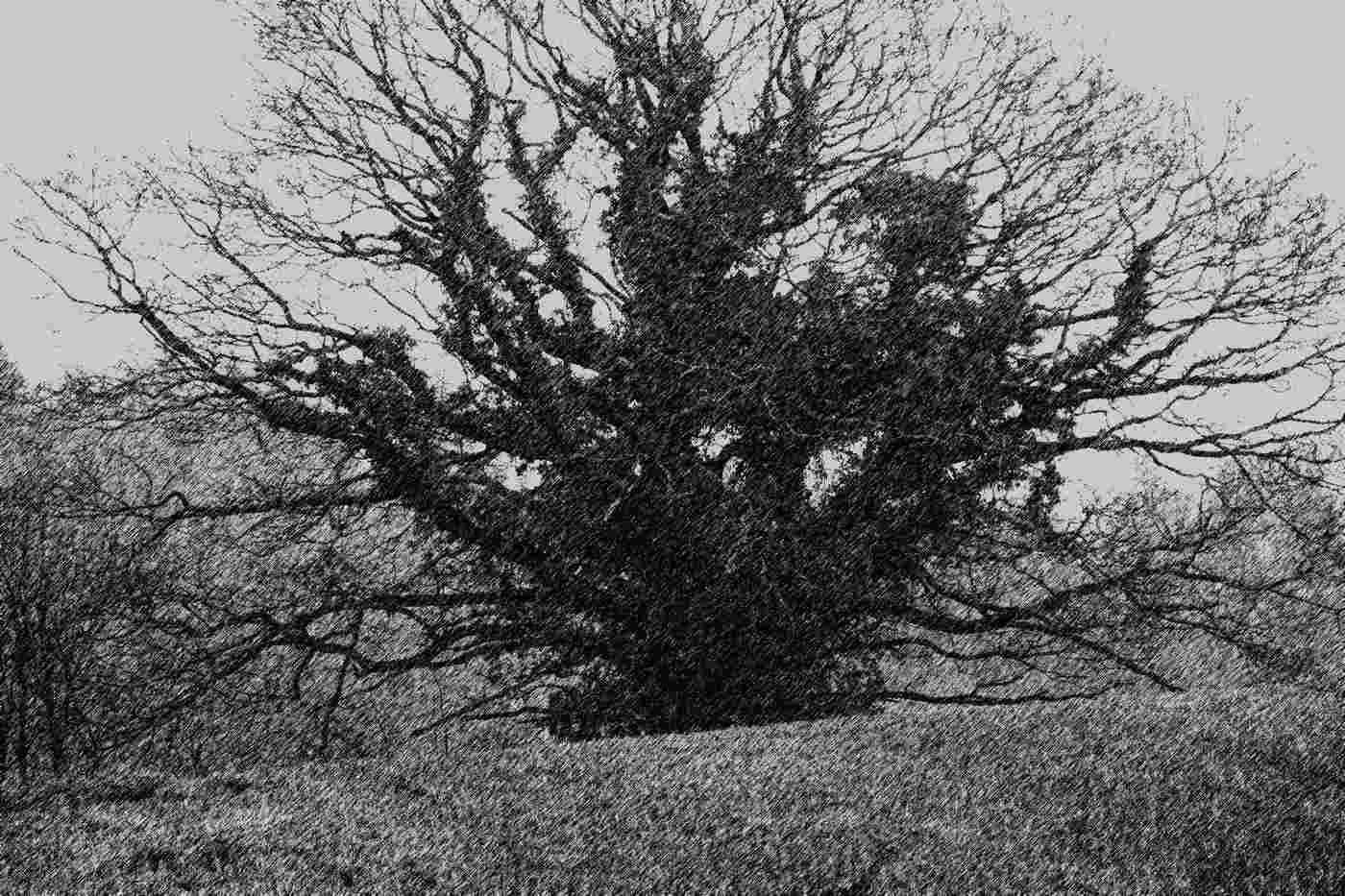Wodwos there were

Language changes all the time. The way we speak now is very different from the way our ancestors spoke in the time of, let’s say, Shakespeare. And written and spoken language change at different rates in different ways. I remember a teacher of mine saying that she thought that there was comparatively little change in the way English was spoken – pronounced – between the time of Chaucer and Shakespeare – the 14th to the 16th centuries; but – as we can easily see for ourselves – there was a large change in the way it was written. Chaucer’s English needs “translation” for most people now, but they can manage Shakespeare and his fellows without a massive amount of trouble. The great change in pronunciation came, she said, in the following 200 years. Chaucer and Shakespeare would have understood each other, but we would not understand Shakespeare’s spoken dialect, even though the written words seem close enough to our own.
Everything changes, and I’m happy with that. I’m not going to fight over a train station when I call it a railway station, nor argue over decimation. But I do think it’s a shame when we lose perfectly good words – and particularly useful expressions – through misuse and ignorance. Not because the original meaning isn’t still alive, but because the mistaken use is so widespread that you can’t rely on your readers knowing which you mean.
For instance, enormity is used so routinely as a synonym for magnitude, that you can’t use its earlier meaning any more. Similarly notorious has become just another way of saying famous (without irony). And recently I’ve seen a rash of newspaper articles where belied is used where betrayed is meant.
And then, of course, at Number One for this century so far, begging the question.
I don’t want to stop time; but I regret the loss of useful words. Tools of expression are being removed from the toolbox, largely through sloppiness and inattention.
But hey, that’s life…
"Wodwos there were" – wild men of the woods. A line from the 14th Century poem "Sir Gawayne and the Grene Knyght". You don't meet many wodwos these days - at least, that's not what you'd call them.
